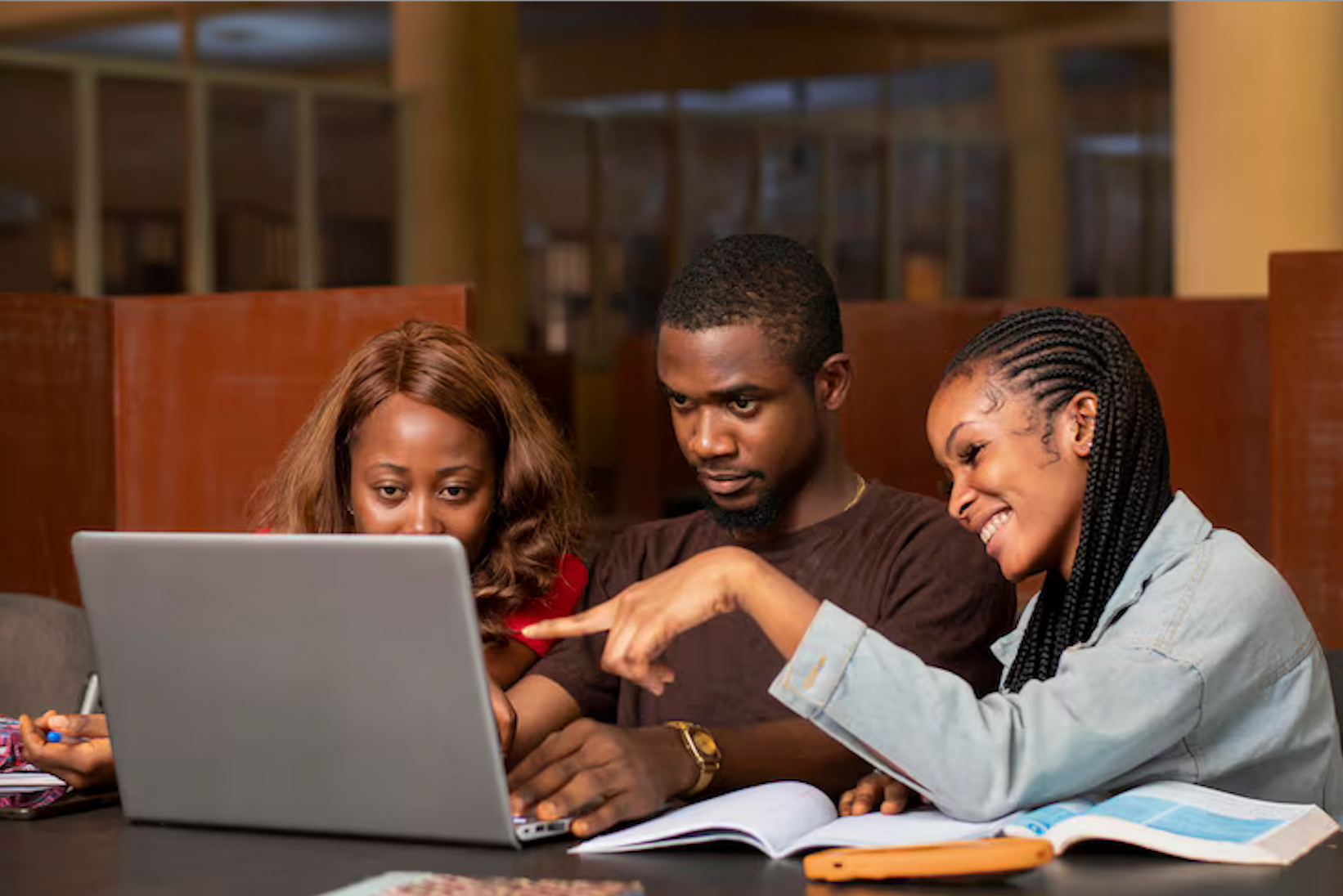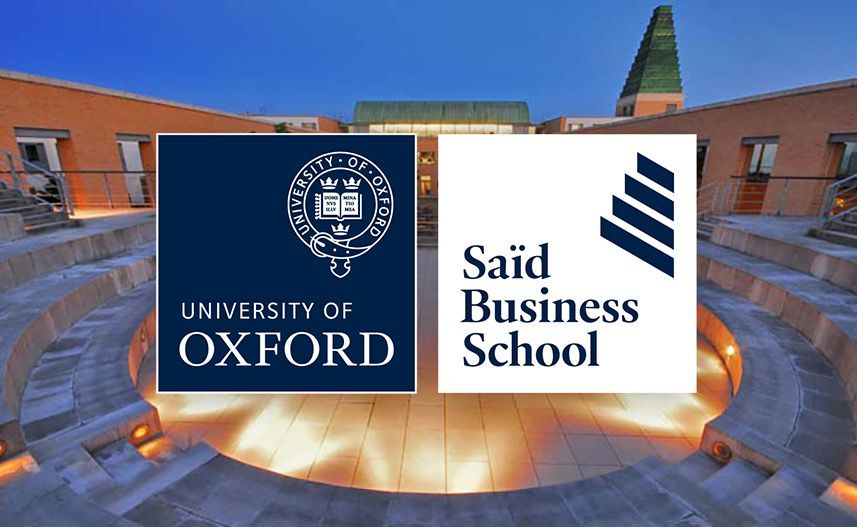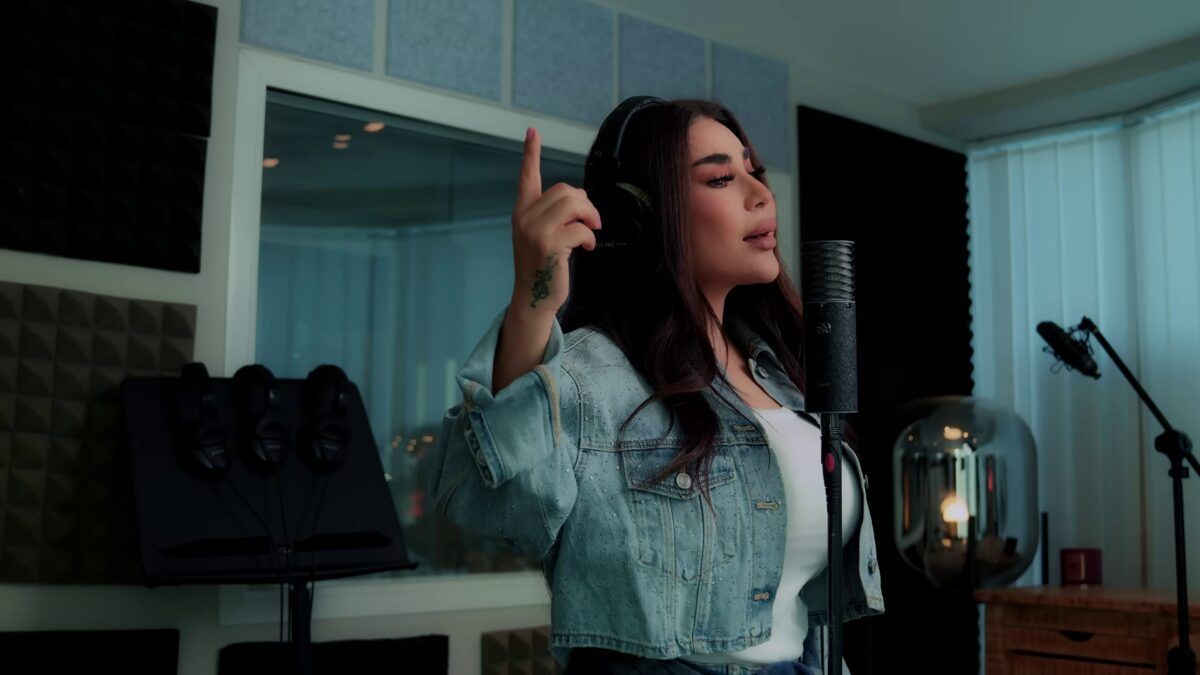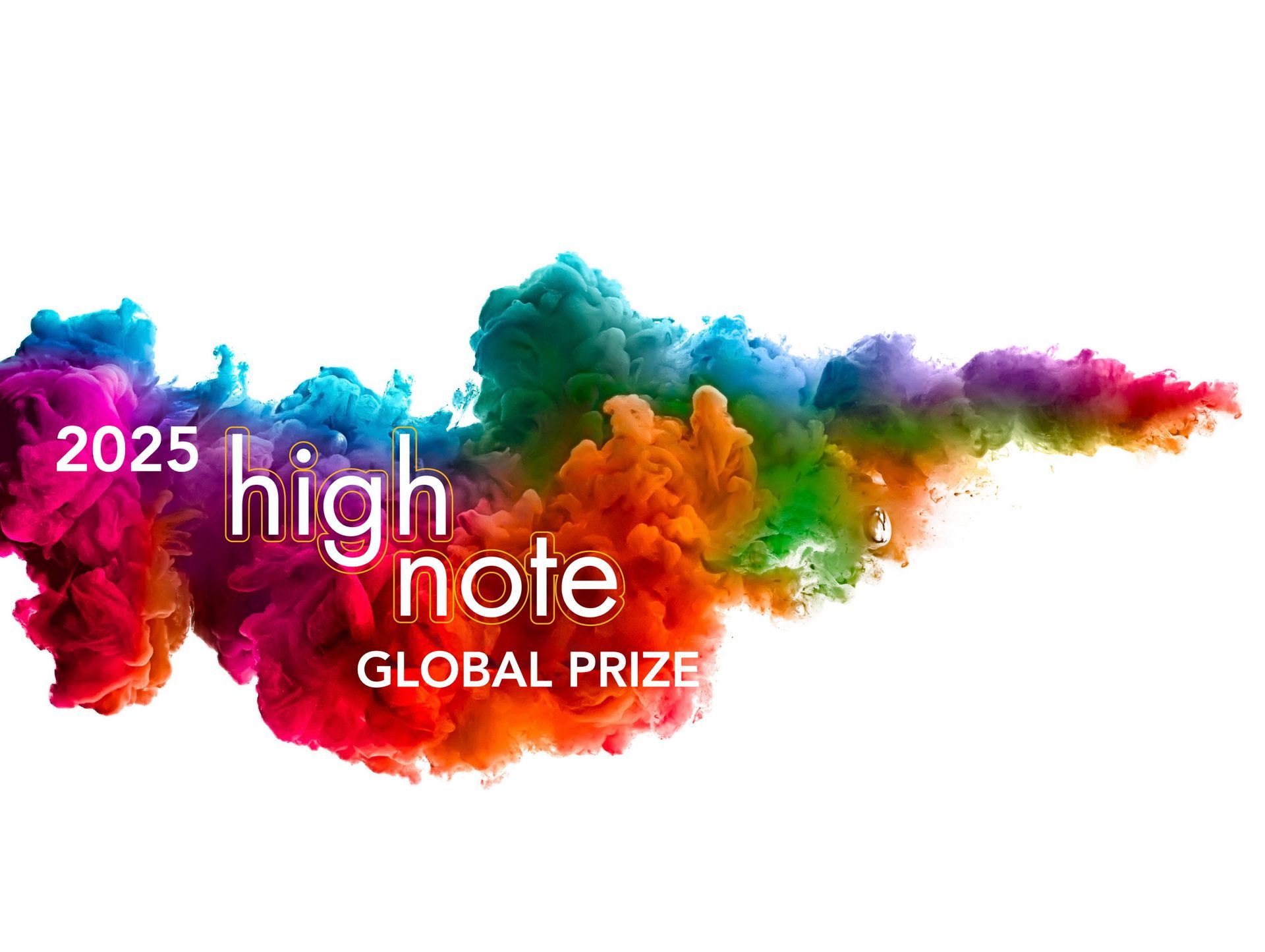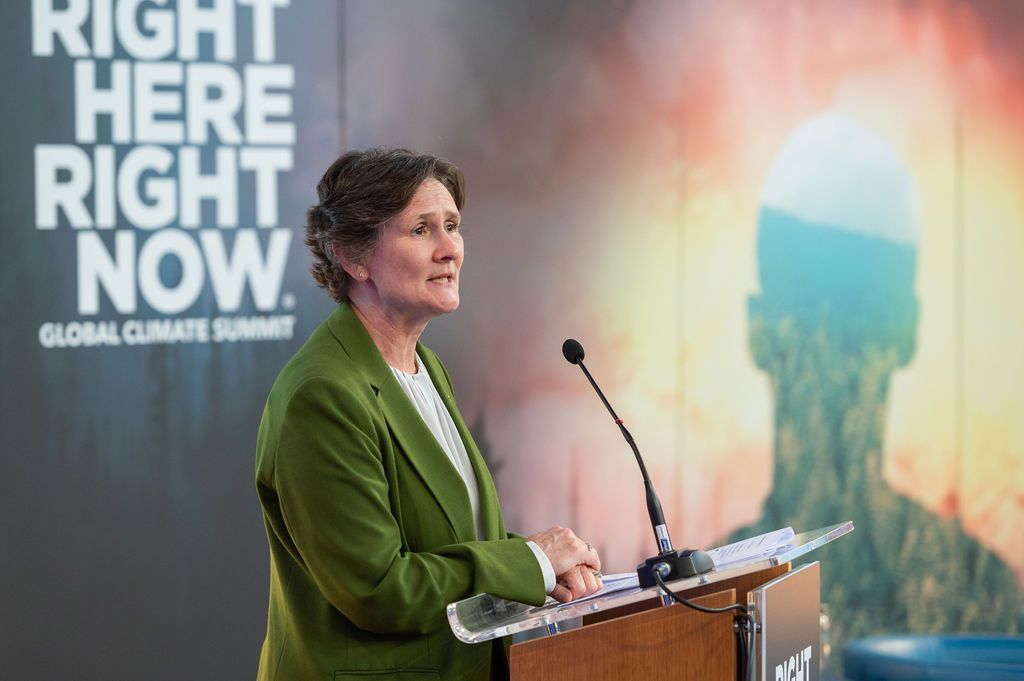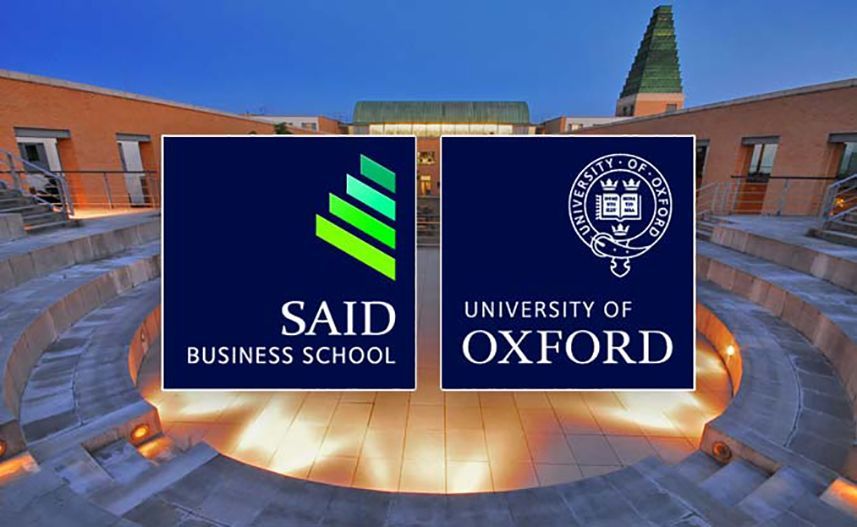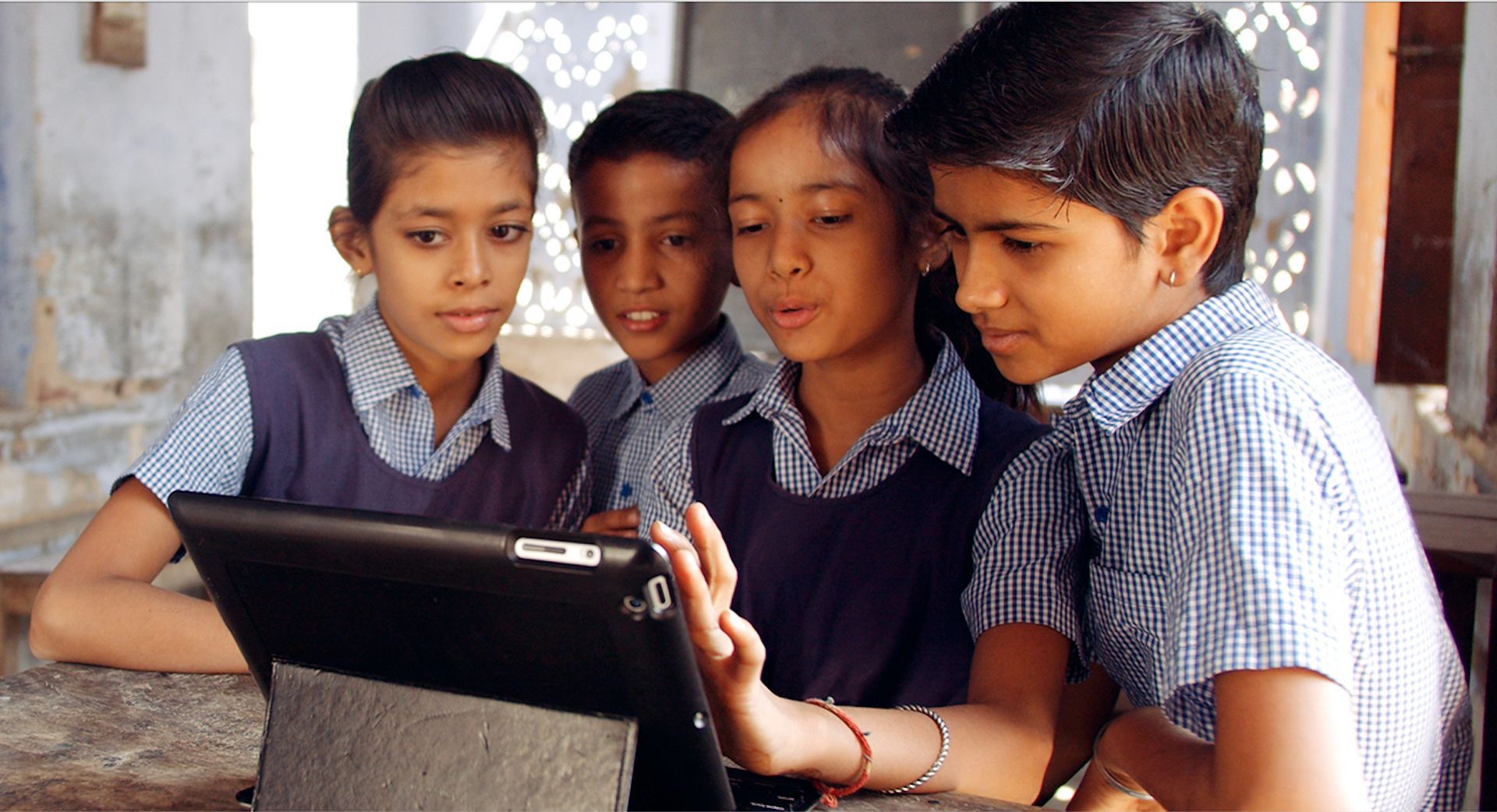Farming assistant app Agrolly wins 2020 Call for Code Global Challenge
October 13, 2020
Tech Republic
The innovative platform will be a one-stop-shop for farmers seeking out more information on what to plant and when.
Agrolly, a platform built to help farmers in emerging markets, was chosen as the winner of IBM's 2020 Call for Code Global Challenge.
Agrolly provides farmers with a bevy of information about weather patterns and crop characteristics, giving them advice on what would be the best thing to plant during certain times of the year. The platform also has ways for farmers to connect with experts as well as ways for them to share information and tools with each other.
During the virtual "2020 Call for Code Awards: A Global Celebration of Tech for Good" event, Agrolly was announced as the winner of the annual competition, which brings together the world's brightest minds to create solutions to pertinent problems. This year's task was to develop solutions to problems related to climate change and COVID-19.
"Climate change is making it worse for farmers in developing countries and they are losing yield production because of the changes. When you come to emerging markets and you look at these farmers, they don't have the resources, they don't know what to plant, they don't know what the weather will be, and they don't have advantages," said Manoela Morais, CEO of Agrolly.The body content of your post goes here. To edit this text, click on it and delete this default text and start typing your own or paste your own from a different source.
"We want to change the farming industry in the long run by listening to these small farmers in emerging markets, giving them a voice, and empowering them with the latest tech available. We wanted to create an ecosystem where they can contact each other, solve their problems and build a system that is better in the long run for everyone."
A panel of judges gave Agrolly and its founders $200,000, tools to test and build out their platform, as well as support from IBM Service Corps and other technical experts. According to IBM, Agrolly will also get help from the Linux Foundation in making its platform open source, which will give developers around the world the chance to help improve it.
Since it began in 2018, the Call for Code competition has brought together hundreds of thousands of developers and creators to solve the world's biggest problems, and dozens of unique ideas have been put together through the yearly event. IBM said more than 400,000 developers across 179 nations have participated, taking advantage of IBM tools like Red Hat OpenShift, IBM Cloud, IBM Watson, IBM Blockchain, and data from the Weather Company.
There are already multiple studies showing that climate change is already having a drastic effect on the world's food supply and is leading to reduced crop yields among the top 10 global crops, namely barley, cassava, maize, oil palm, rapeseed, rice, sorghum, soybean, sugarcane, and wheat.
Agrolly itself uses many of these tools, particularly data from the Weather Company, which provides farmers with daily, weekly, and yearly forecasts so they know what crops to plant at which time of the year.
The Agrolly team is made up of researchers, coders, and developers from Brazil, India, Mongolia, and Taiwan who met at Pace University in New York City. Morais told TechRepublic in an interview that she and the team could only start work on the project once they had all finished their final exams.
Backed by IBM Cloud Object Storage, IBM Watson Studio, and IBM Watson Assistant, Agrolly was created in the hopes that it would provide struggling farmers with the kind of information they need to make better decisions and improve financially.
Ajinkya Datalkar, CTO of Agrolly, explained that the platform gives farmers information that is tailored to their specific location, the kind of crops they want to plant, and the season they want to grow it.
Datalkar said he was inspired to help build Agrolly because, in his home country of India, the suicide rate for farmers is becoming higher each year due to the financial crunch many face with a newly uneven climate.
The app, he said is currently split into four sections: The forum, the weather, the crop management, and the expert advice. Farmers can speak to one another in the forum, get detailed weather advice from NASA and the Weather Company, receive in-depth information about crops, and call on help from experts.
He also noted that the app works on a wide variety of devices.
"We kept this in mind while developing this. The farmers may use old cell phones and they may use iPhone 5s, so while developing the app we decided we would also be targeting devices that support Android 4.4, which is pretty much all Androids," Datalkar said.
The app is already available in the Google store and is in use in a number of countries.
IBM's chief technology officer for Call for Code, Daniel Krook, said the Agrolly team was chosen not just for their innovative idea but because of how they initially came up with it.
"What really stands out to me about this particular solution is that I like that from the ground up since May, they have been talking to their end-users. What they created was something based on those conversations in Mongolia and Brazil," Krook said.
"They didn't just conceive of a solution to an imaginary problem. I saw that they were deeply involved and worked very closely with their end-users and I think the ecosystem will grow no matter what happens. They really have a great road map, not only of where they've gotten to right now but also where they're thinking of going from a business point of view."
Agrolly was one of the five finalists chosen by the Call for Code judges. The other groups involved included OffShip, another potential solution to the effects of climate change, and three other platforms that revolved around efforts to deal with the COVID-19 pandemic.
The second-place prize went to Business Buddy, which will receive $25,000 and the third-place prize went to Safe Queue, which is already being used by stores to create digital replacements for physical lines. SchoolListIt was awarded fourth place and $10,000.
"Each year I'm amazed by how this global community of developers comes together to help solve some of the world's most pressing issues, and this year is no different," said Call for Code creator David Clark.
"Through the support of UN Human Rights, IBM, the Linux Foundation, the Call for Code ecosystem, world leaders, tech icons, celebrities, and the amazing developers that drive innovation, Call for Code has become the defining tech for good platform the world turns to for results."
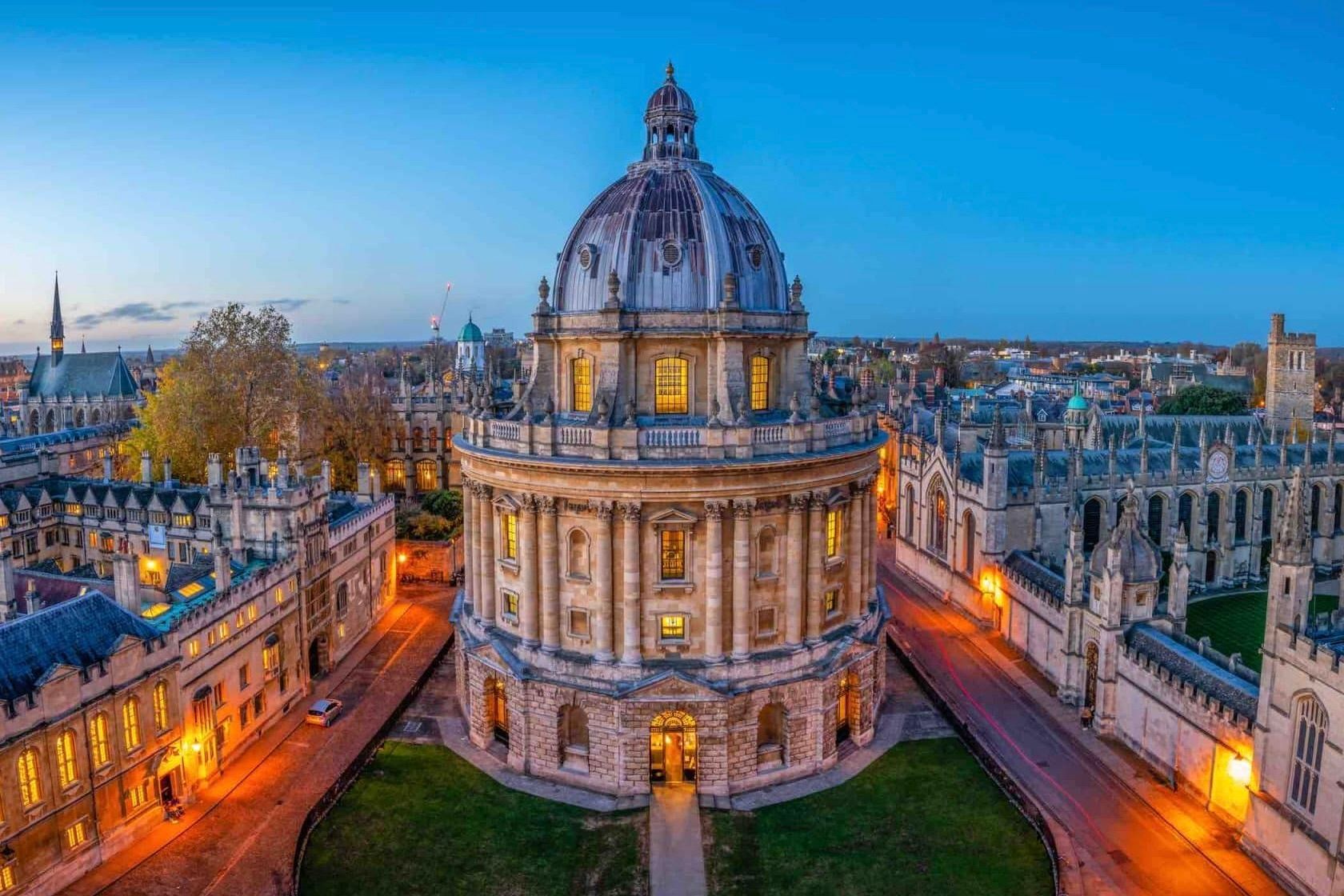
Right Here, Right Now Global Climate Summit to bring together global audiences online and in-person in June 2025 On World Environment Day (5 June), universities from around the world will host a global plenary discussion on human rights and climate change over 24 hours The University of Oxford announces a packed schedule of local events and activities, including public lectures, panel dis cussions, photography exhibits, and interactive workshops
© Copyright 2025 / David Clark Cause, Inc.

